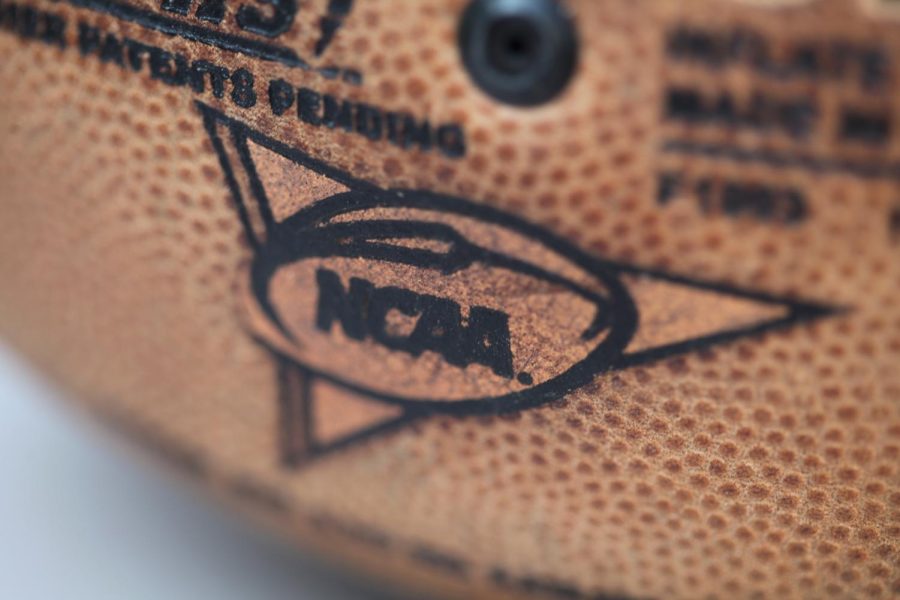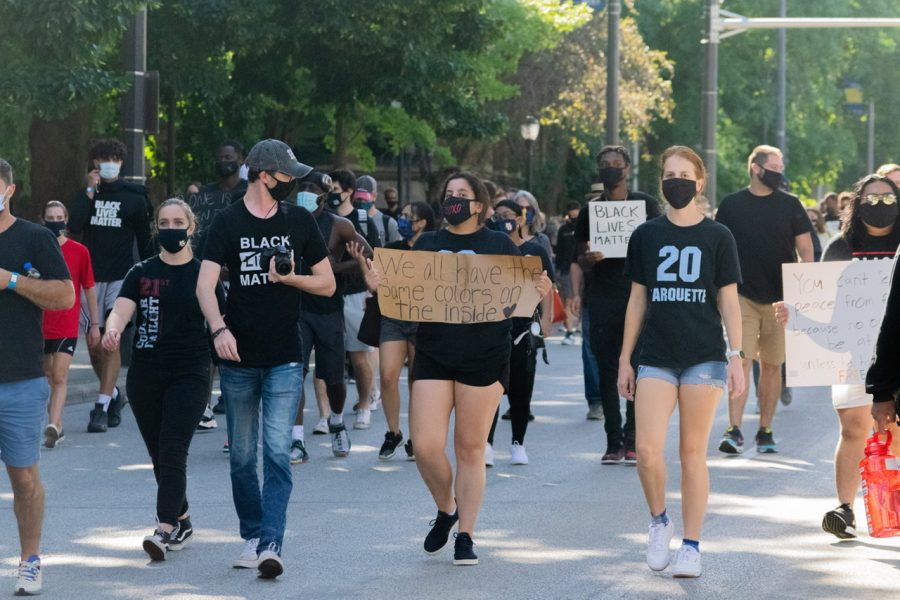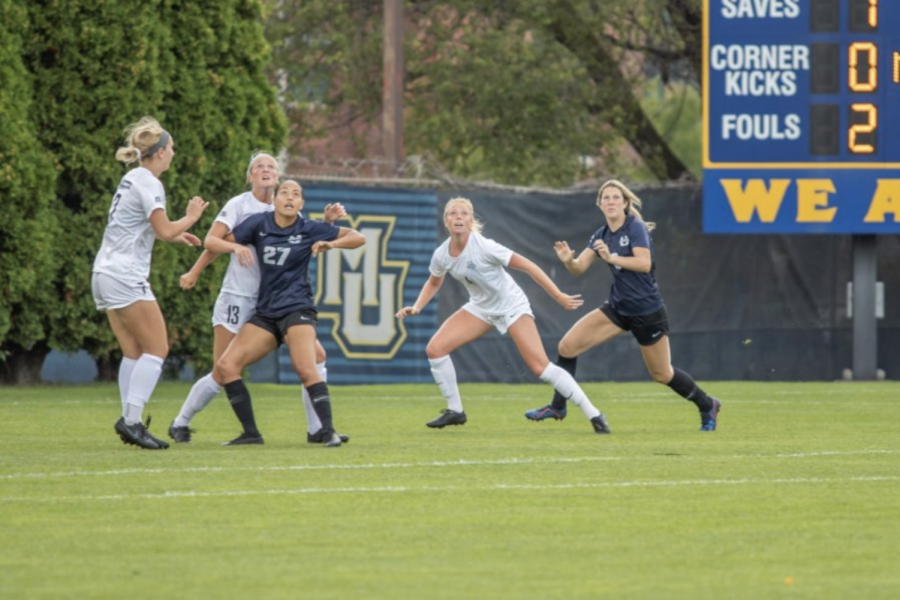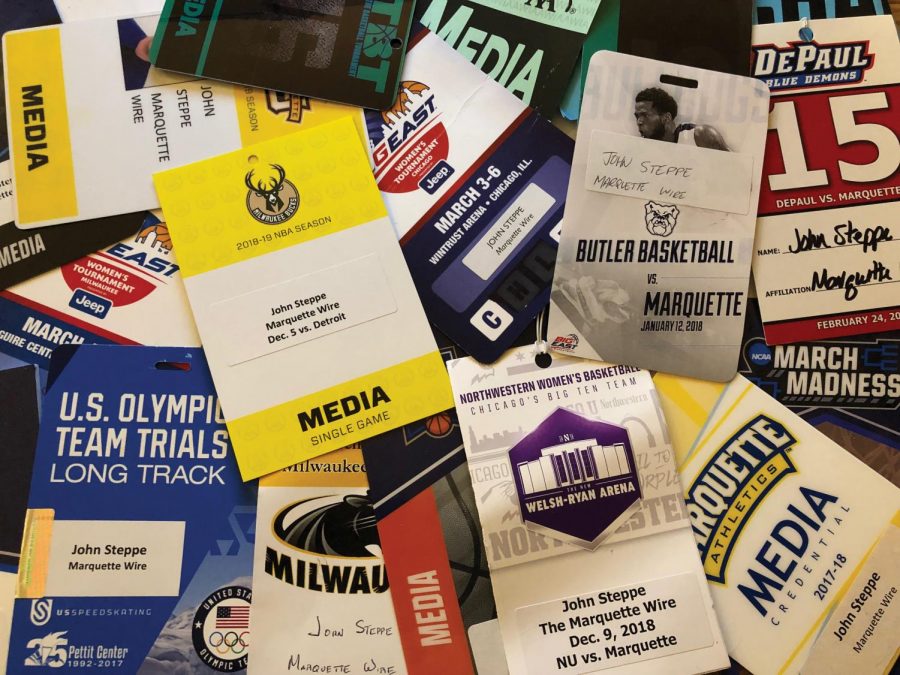This past month, California passed the Fair Pay to Play Act, making it the first law in the country to allow college athletes to receive compensation for playing collegiate sports.
Currently, any kind of payment to college athletes is prohibited under NCAA rules, but with California signing this law and with other states like Florida and New York drafting their own versions, the NCAA will have to change how it views athletic compensation.
According to NCAA rules, student-athletes aren’t allowed to accept compensation from pictures of themselves or from use of their name or likeness. Student-athletes are also not allowed to hire agents or receive endorsements.
California’s new law, however, allows student-athletes to receive endorsements and promote commercial products. This allows athletes, mainly the top ones, to profit off of their own likeness. The law gives them the control over the NCAA.
The Fair Pay to Play Act is not about directly paying these athletes. It simply allows them to profit from their likeness as the video game would have. It allows college athletes to endorse products while attending school.
Major college athletes have the power to endorse and affect product sales with small actions.
For example, Zion Williamson, the Duke University star and 2019 first overall NBA draft pick, is seen by many as a-once-in-a-decade level athlete.
During the Duke-North Carolina game in February 2019, Williamson’s Nike shoe split in half while he was playing, causing a sprained knee. The next day, Nike’s stock dropped about 1% which is estimated at over $1 billion in damages. At the time, Williamson was not even affiliated with Nike, yet the public saw it as Nike’s fault. Williamson later officially signed with Jordan, a subsidiary of Nike, a month after being drafted.
Yet the NCAA argues that paying college athletes will ruin the integrity of the sports while compromising the athletes’ education through extra distractions. Some fans against paying student-athletes propose that it could influence where the student-athletes choose to attend college. This creates long-lasting dynasties that dominate their competition.
However, this is not a valid argument. When looking at the way the NCAA is currently structured, championship dynasties already exist and tend to ruin the competitive aspect of the games. For example, the national championship for football has been Clemson-Alabama three out of four times since 2015, with just Alabama in the fourth game.
Universities with these levels of athletics already allow for sports dynasties by attracting students with the strong possibility of a championship. Paying students would not change this; it might even help to disrupt this by allowing smaller teams to attract students with more individualized incentives, such as brand endorsements.
While the NCAA prohibits athletes from profiting off of their own likeness, the NCAA has no problem using the athletes’ likenesses for their own profit as the NCAA makes over $1 billion in revenue annually.
From 1993-2013, EA Sports, the video game manufacturer behind Madden and other sports video games, distributed their NCAA football video game. What made EA Sports’ NCAA Football unique was the lack of credit to players. Each player’s appearance, abilities and numbers were all displayed with no name attribution on the back of their jerseys. This eventually led to the Supreme Court class action lawsuit, O’Bannon v. NCAA, with a $60 million settlement awarded to the plaintiffs led by former UCLA basketball star, Ed O’Bannon. This case caused EA Sports to stop producing NCAA Football after 2013.
With the Fair Pay to Play Act, college athletes will be able to endorse products and hire agents so that their likeness, such as video game characters, can be appropriately profited from. This new law, as well as similar ones being developed in other states, such as Florida and New York, will only benefit college athletes.
Only 2% of college athletes go professional, so letting student-athletes receive endorsements and promote products will allow those who aren’t lucky enough to play professionally to make a little money while doing what they love.
College athletics is a privilege to participate in, but it also comes with lots of work that does not always lead to the greatest payoffs. With the possibility of major injuries, large restricting schedules and a minuscule chance at becoming professional, allowing student-athletes to profit off of their likeness helps to balance out the negatives.






